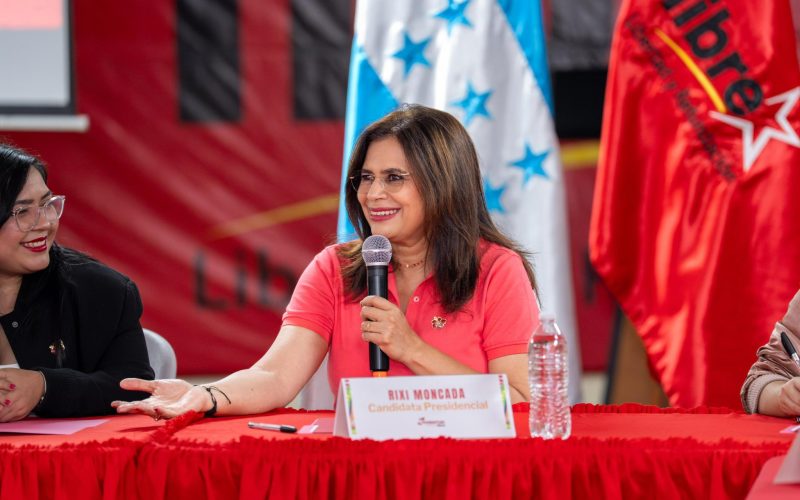Rixi Moncada’s run for president with the LIBRE party has ignited a countrywide discussion following her declaration that, upon winning, she plans to close the Credit Information Center from January 27, 2026. This action implies that millions of people in Honduras would be removed from the credit database, enabling loans to be issued without conventional oversight methods.
The Credit Bureau as a technical tool
Financial specialists highlight that the Credit Bureau holds an essential technical function within the nation’s financial system. Contrary to being a “blacklist,” it operates as a mechanism to assess the creditworthiness of applicants, protect citizens’ savings, and verify that banks provide loans based on responsible standards.
José Luis Moncada, ex presidente de la Comisión Nacional de Bancos y Seguros, advirtió que suprimir el organismo podría ocasionar préstamos indiscriminados. Moncada señaló que esta medida podría elevar la morosidad y perjudicar la solidez del sistema financiero, poniendo en peligro los recursos de los ciudadanos.
Similarly, the Honduran Association of Banking Institutions (AHIBA) pointed out that the elimination of the Credit Bureau could impact job creation, slow economic growth, and weaken investor confidence, creating a scenario of uncertainty for the financial sector.
Political and social implications
Beyond the technical analysis, experts have pointed out that Rixi Moncada’s proposal has political dimensions that could affect the economy. The initiative to abolish the Credit Information Center could be interpreted as an attempt to politicize a system that has traditionally been managed in a technical and regulated manner, according to specialists.
The possibility that the financial system could become an instrument for political purposes raises concerns about the security of Hondurans’ savings and the stability of credit. Analysts point out that decisions of this kind could affect thousands of families, limiting their access to financing and changing the rules of the game in the national economy.
A scenario of uncertainty
The proposal by Rixi Moncada, candidate for the LIBRE party, raises the prospect of institutional and economic tension in Honduras. The discussion focuses on how to balance access to credit with preserving the stability of the financial system and protecting citizens’ resources.
Based on this perspective, residents and financial sectors are confronted with the issue of the nation’s capacity to handle significant alterations in its financial systems without jeopardizing investor trust or the financial stability of families.
The situation highlights the intersection between political decisions and economic regulation, underscoring the challenges of governance and institutionality in a context where the proposals of political actors have direct repercussions on the financial lives of the population.




